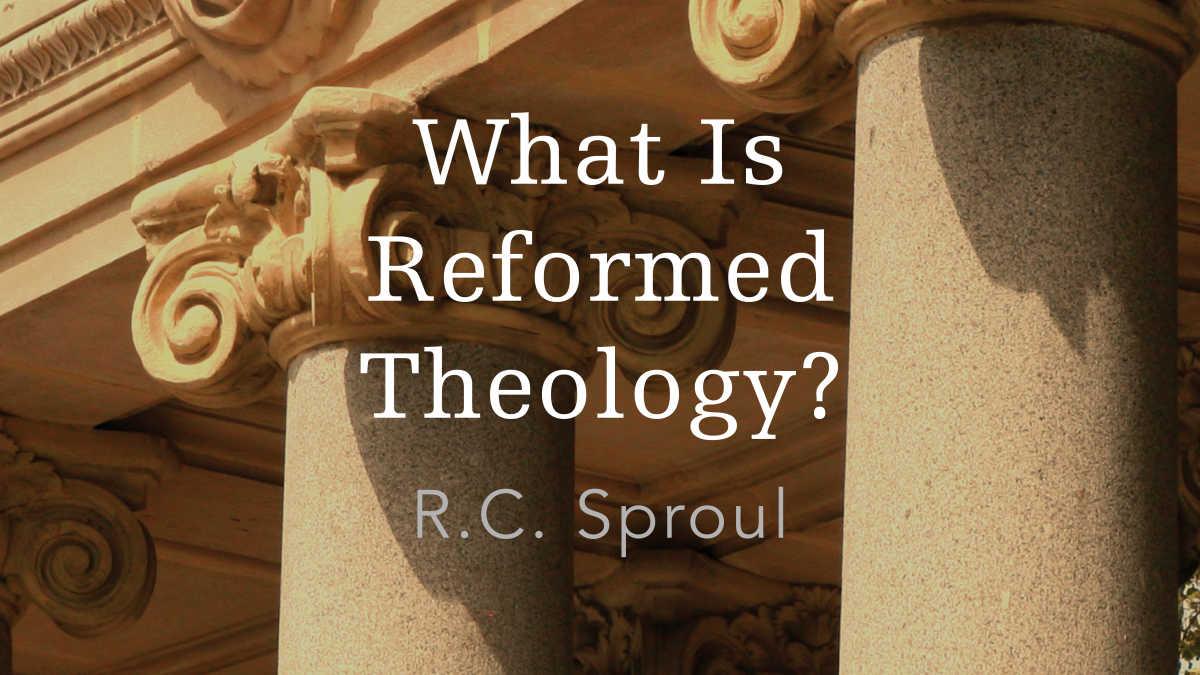Reform Theology is a branch of Protestant Christianity that came out of the Protestant Reformation, spearheaded by Martin Luther and John Calvin. It has many years of history behind it and is fairly broad in its scope and interpretation, making it one of the most varied branches of Christianity. To get an understanding of what Reform Theology is and how it differentiates itself from other branches, this is a Beginner’s Guide to Reform Theology.
What is Reform Theology?
Reform Theology is a type of Protestant Christianity that developed from the Protestant Reformation. It was heavily influenced by who John Calvin, the French theologian and pastor, and Martin Luther’s teachings. It focuses primarily on the idea of the sovereignty of God, and that humans are totally depraved, meaning they have no power to do good or even to repent of their sins.
In contrast to other branches of Protestantism, Reform Theology is much more analytical and interpretive in nature. It examines Scripture closely to discern God’s will and to understand our nature as depraved sinners and admire God’s goodness and mercy. In this way Reform Theology has strong roots in understanding and connecting with Scripture, as well as developing its doctrine.
Reform Theology’s Five Points
Reform Theology focuses heavily on the doctrine of election, which is the belief that God predestines who will go to heaven and when. This includes the belief that he is the only one who decides who is saved and that we have no control over this. This is one of the main points of Reform Theology, as it points to the idea that humans are completely depraved and cannot do anything to save themselves.
The other main points of Reform Theology are sola fide, sola scriptura, sola gratia, and solus Christus. These points come from the Latin phrases and emphasize a number of things:
- Sola Fide: salvation is gained by faith alone, and no other means
- Sola Scriptura: Scripture is the sole source of divine truth
- Sola Gratia: salvation is given by the grace of God, and not earned
- Solus Christus: Jesus is the only savior and mediator between God and man
Reform Theology’s Basic Principles
Reform Theology also has a number of basic principles that are important for understanding the beliefs and ideas of the branch. These principles include:
- The sovereignty of God
- The depravity of humans
- The total clarity of Scripture
- Faith as the only means of salvation
- Jesus as the only mediator between God and man
These principles form the basis of Reform Theology and provide a framework for the beliefs and teachings of the branch. They point to the idea that God is all-powerful and controls our lives, and that Jesus is the only one who can bring us salvation.
Reform Theology emphasizes the appreciation for God’s mercy and the responsibility to serve and obey him. It also values the need to love one another and live a life that follows the teachings of Scripture. This helps to create a lifestyle of humility and obedience, as well as a healthy understanding of our place as depraved sinners in a world that is controlled by a gracious and loving God.
Conclusion
Reform Theology is a type of Protestant Christianity that has been around for many years. It is heavily focused on the sovereignty of God and the depravity of humans, as well as the truths revealed in Scripture. By understanding the doctrine of election and the five points, as well as the basic principles of Reform Theology, one can come to a better understanding of the beliefs and teachings of Reform Theology.


